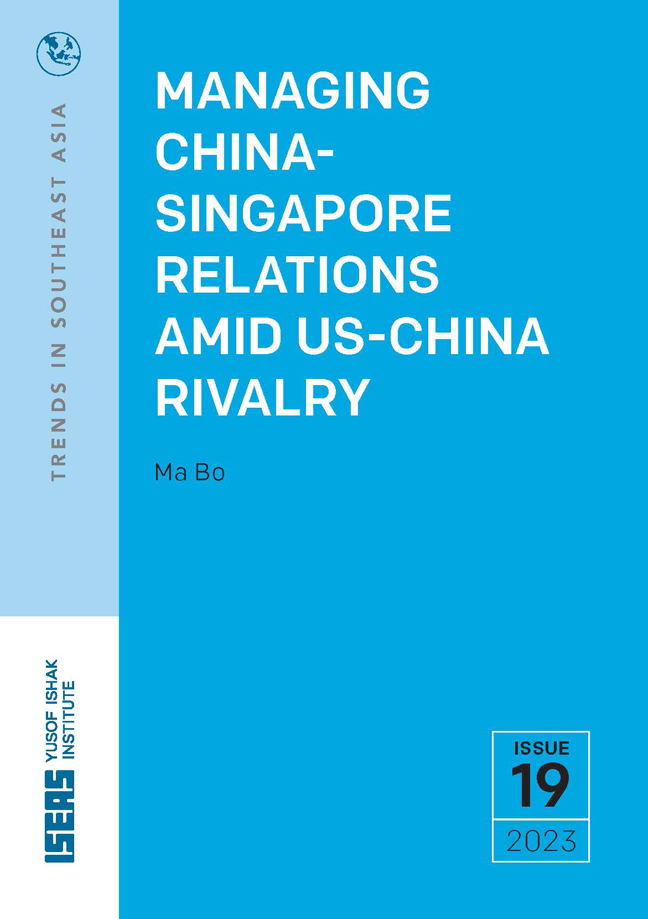Managing China-Singapore Relations Amid US-China Rivalry
Published online by Cambridge University Press: 26 March 2024
Summary
INTRODUCTION
China-Singapore relations have come a long way since diplomatic ties were established in 1990. At that time, China needed friends and foreign investments, and Singapore played a role in befriending Beijing and bringing in investments from abroad. The West had then ostracized Beijing due to the 1989 Tiananmen incident. Today, a much stronger China faces a somewhat similar hostile external environment. Most notable is the escalating tensions between China and the United States, which has created a unique geopolitical context that necessitates a careful examination of the future trajectory of China-Singapore ties. As both nations navigate this complex geopolitical environment, they must adapt and respond to evolving circumstances so that they can continue to reap mutual benefits.
The strong and dynamic economic relationship between China and Singapore is well-known. This article will delve into the political-security dimensions of their bilateral ties by examining three issues, i.e., the South China Sea issue, Singapore’s relationship with the US, and the Taiwan issue. The paper argues that Singapore’s position on these three issues will need to be adjusted as China grows more powerful, and given the intensifying China-US competition in Asia. Such an adjustment will help ensure that China-Singapore ties have ample room to grow and flourish. The article will first trace how Chinese narratives on Singapore have evolved over the years and how these will continue to be shaped by Singapore’s stand on the above three issues.
NARRATIVES ON SINGAPORE’s ROLE IN CHINA’s DEVELOPMENT
The resilience of China-Singapore ties has been consistently demonstrated over the past few years, even when the COVID-19 pandemic strained political and economic interactions. Zhai Kun, a distinguished scholar in international relations at Peking University, notes that amongst all Southeast Asian nations, Singapore has been deeply involved in China’s reform and opening-up journey, and the city-state shares very close alignment with Chinese interests. This viewpoint primarily underscores the strong foundation for cooperation between China and Singapore in the economic arena, such as in trade, finance and technological exchanges. Singapore’s standing as the world’s largest offshore trading centre for renminbi (RMB) and a Southeast Asian nexus for China’s Belt and Road Initiative (BRI) reinforce this congruence of interests.
Viewed through the lens of economic and trade collaboration, China is Singapore’s prime trading partner, export market, and the most substantial source of imports.
- Type
- Chapter
- Information
- Publisher: ISEAS–Yusof Ishak InstitutePrint publication year: 2023

